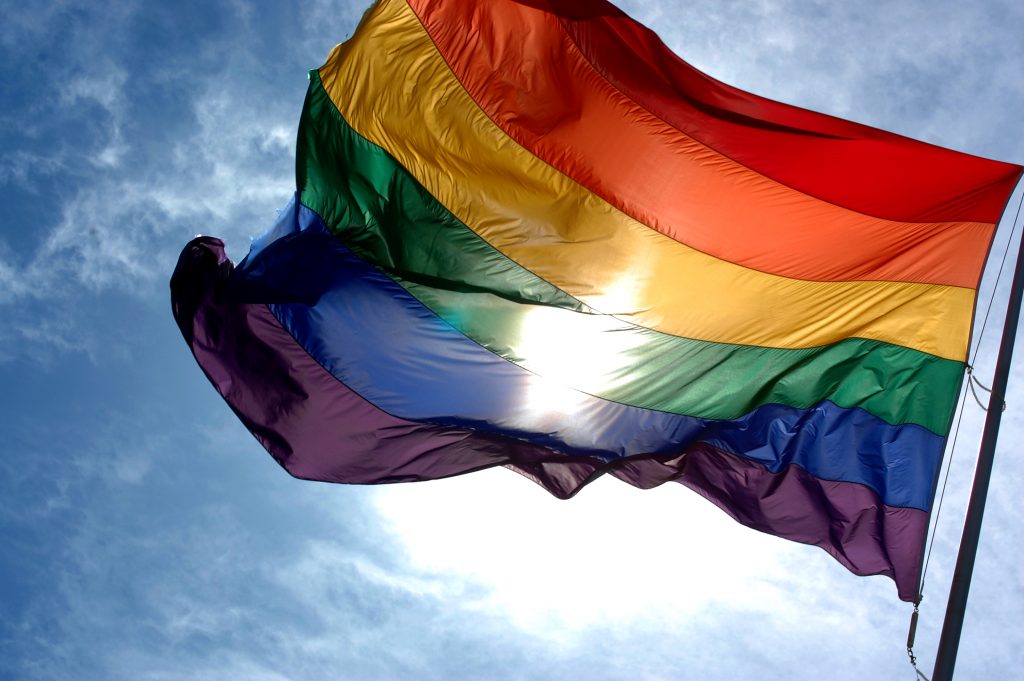
Dharini Prescilla

Michael Mendis

Pasan Jayasinghe
To invoke a political slogan that has recently gained popularity, all Sri Lankans are entitled to ‘one country, one law.’ This gap analysis identifies the clear differences in how Sri Lankan laws are experienced by groups like LGBTIQ+ Sri Lankans who live mostly in the margins of Sri Lankan society. Examining a wide variety of laws and policies in Sri Lanka, it demonstrates how LGBTIQ+ Sri Lankans are vulnerable to discrimination across several critical areas, such as education, healthcare and housing.
Key finding
Laws and policies are often couched in neutral and general terms. However, this gap analysis highlights the various ambiguities and broad discretion they afford to authorities almost always become trapdoors through which many LGBTIQ+ Sri Lankans fall. Depending on who you are, and what is important to you, Sri Lanka has always been ‘one country, many arbitrary laws’.
Key recommendations
The gap analysis exists to help understand how LGBTIQ+ Sri Lankans are unable to enjoy the rights, protections and services they are entitled to, as well as a resource for lawmakers and policymakers to inform future policy-making. Key recommendations include expanding legal recognition in include diverse family structures & living arrangements, developing robust education curricula and training programmes for schools, workplaces and public officials, and developing inclusive and well-defined legal & policy frameworks which explicitly prohibit identity-based violence and harassment in public spaces, media and online. Such reforms would improve the lives of all Sri Lankans, regardless of their sexual orientations and gender identities.
This report was commissioned by Westminster Foundation for Democracy (WFD) as part of the Commonwealth Equality Project. It was made possible through funding received from the United Kingdom’s Foreign Commonwealth and Development Office (FCDO).This report was prepared by Dharini Prescilla, Michael Mendis and Pasan Jayasinghe.
Summary version
A summary version of the gap analysis is also available.
